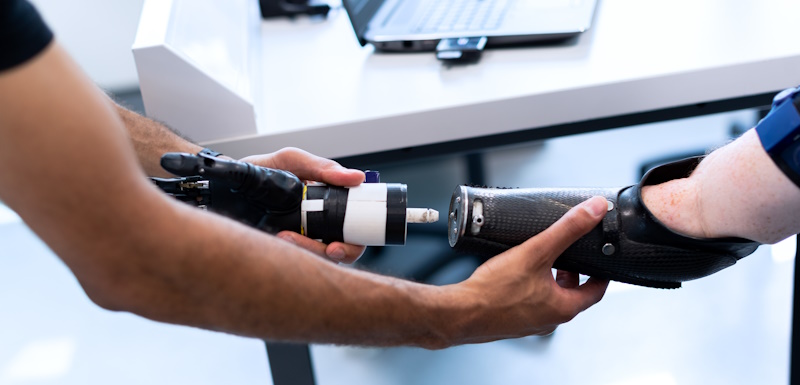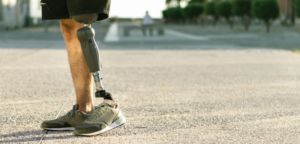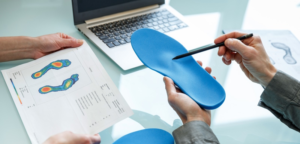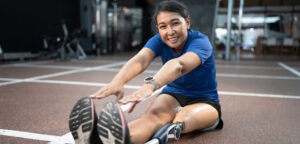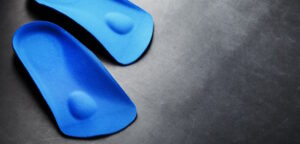How Advanced Prosthetic Technology Promotes Mobility and Functionality for Amputees
The field of prosthetics has seen remarkable advancements over the years, transforming the lives of amputees in ways that were once unimaginable. These innovations have not only improved the functionality of prosthetic limbs but have also significantly enhanced the quality of life for those who wear them.
For those who require a higher level of functionality that is advanced, prosthetics can be made to suit the needs of the wearer. In this blog, we’ll explore some of the main innovations in custom prosthetic devices and how they benefit amputees.
Durable Materials and Lightweight Design
Advanced prosthetics are made from materials like carbon fiber, which is durable and lightweight. This means that wearers will be less prone to fatigue when using their custom prosthetic device. Additionally, using better materials equates to a longer lifespan for the prosthesis, which mitigates early and frequent replacement.
Myoelectric Prosthetics
Perhaps one of the most groundbreaking innovations in prosthetics is the development of myoelectric prosthetic limbs. These advanced prosthetic devices use motors and batteries to power movement.
What’s exciting about myoelectric prosthetics is that they use electrical signals generated by the muscles in the residual limb to control the movement of the prosthesis. Myoelectric prosthetics offer a level of precision and dexterity that was previously unattainable, allowing amputees to perform intricate tasks.
Advanced Prosthetic Limbs That Utilize AI
Artificial intelligence (AI) has been dominating the news for its applications in design, writing, analysis, and self-driving automobiles. However, the researchers at North Carolina State University are taking things a step further with custom prosthetic devices that utilize AI technology to help wearers traverse different terrain types.
For example, the wearer of a prosthetic leg may walk on grass, pavement, and tile on any given day. Using a pair of specially designed glasses with a camera installed in the bridge, the AI technology scans the terrain and provides real time feedback to the prosthesis. Based upon that feedback, the prosthetic leg adjusts its functionality to suit the terrain. It can even adjust for inclined surfaces and stairs.
Advanced Prosthetic Technology for Walking
One of the biggest challenges for new users of prosthetics is learning how to walk again. Specifically, regaining the feeling of a natural walking gait can take several months to over a year. When swinging the prosthetic leg forward, the knee plays a pivotal role in the gait cycle and how much support is given.
Recently, microprocessor knee monitors have been appearing more frequently in custom prosthetic devices. This advanced prosthetic technology enables the prosthesis to accurately gauge where the wearer is at in their gait cycle so that it can adjust accordingly.
Granted, there is some trial and error involved in how the microprocessor knee monitor is programmed. Custom prosthetic devices require fine tuning and adjustments to suit the individual and their walking gait. However, this singular advancement has improved the intuitiveness of prosthetic leg use by leaps and bounds.
How to Find the Best Prosthetic Devices in Kansas City
If you are a current amputee or have a medical condition that requires amputation surgery, the best course of action is to reach out to a local prosthetist in your area who specializes in custom prosthetic devices.
When evaluating, look for the following things:
- The prosthetist has earned their credentials from the American Board for Certification (ABC) in Orthotics, Prosthetics, and Pedorthics.
- The clinic or facility is ABC-certified and conveniently located.
- The prosthetist will work with your insurance provider.
- The prosthetist provides custom prosthetic devices and will help with ongoing fittings and adjustments.
To get things started, the best thing to do is to call your local prosthetist to arrange a consultation. During the first appointment, your prosthetist will collect some of your medical background and discuss your goals moving forward. With that information, they will provide recommendations for the best prosthetic device for you and your budget.
Advanced prosthetics for higher functioning individuals have a broad price range, so it’s best to go in with an open mind about the type of prosthesis you use. Your prosthetist will show you several options that are capable of helping you reclaim mobility while promoting comfort and intuitive use.
The other advantage of seeing an experienced prosthetist is they can answer your questions about what to expect during the acclimation process of using custom prosthetic devices. For example, many clients want to know what to expect after amputation surgery and the learning curve for using a prosthetic device.
Contact your local prosthetist to learn more or to schedule your initial consultation.

